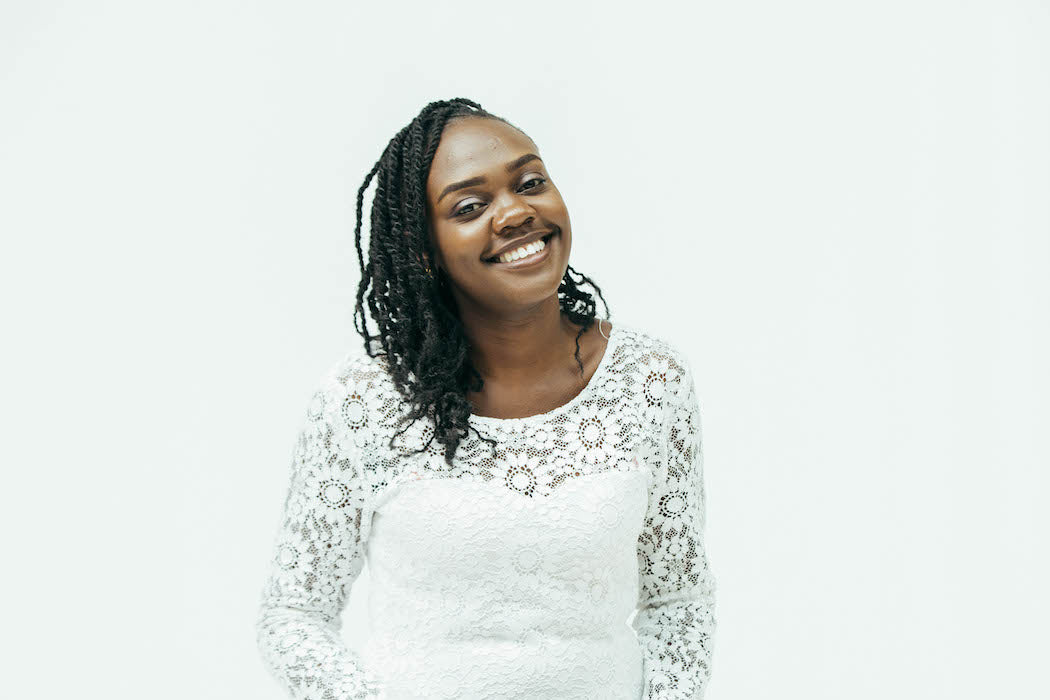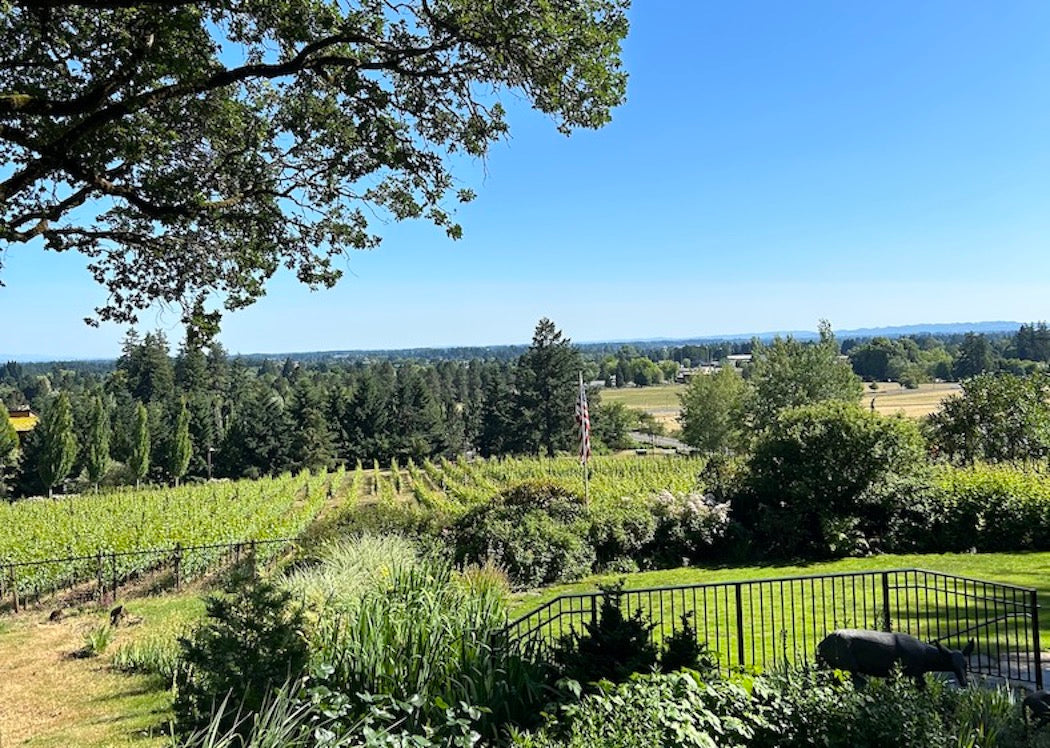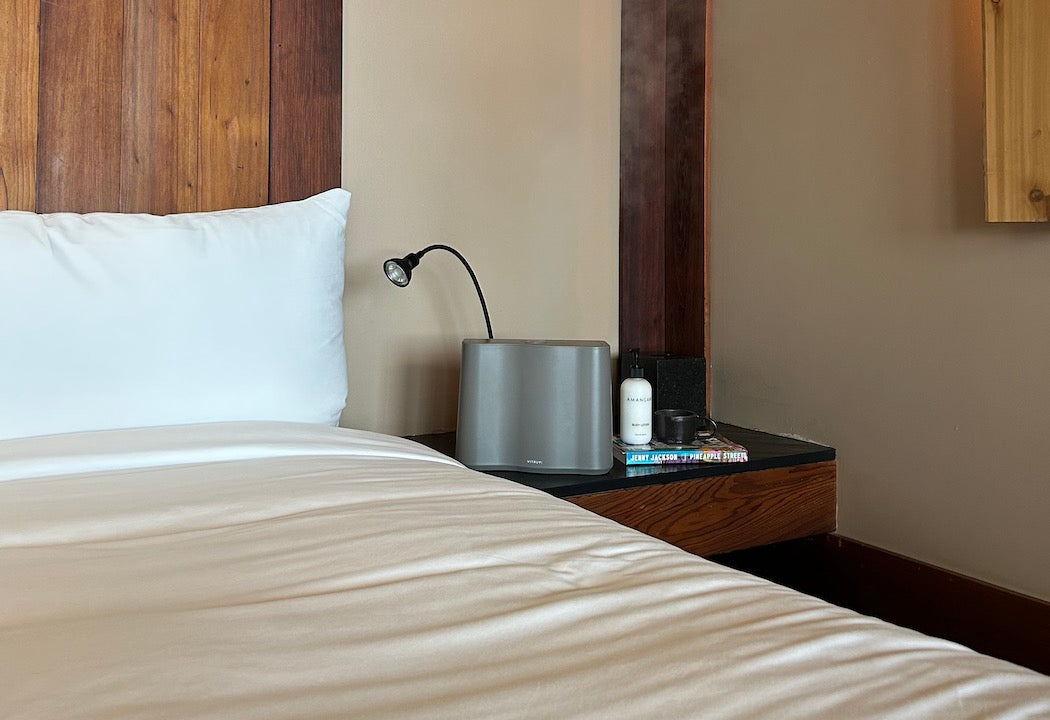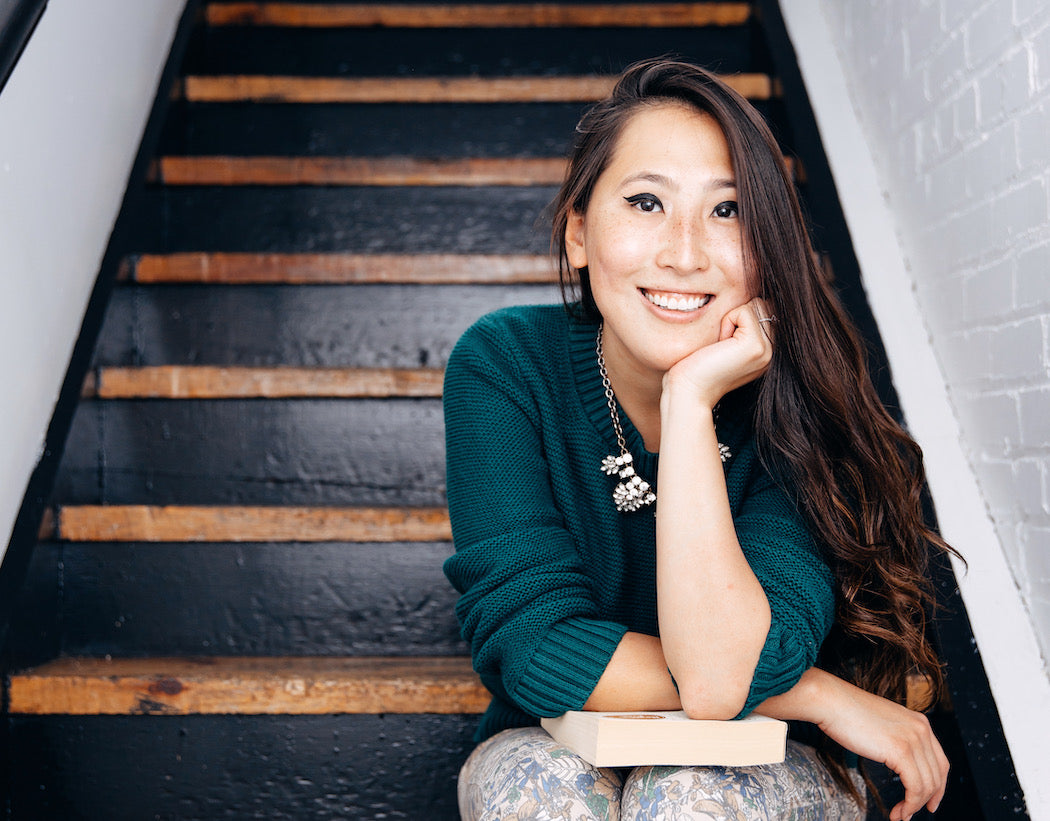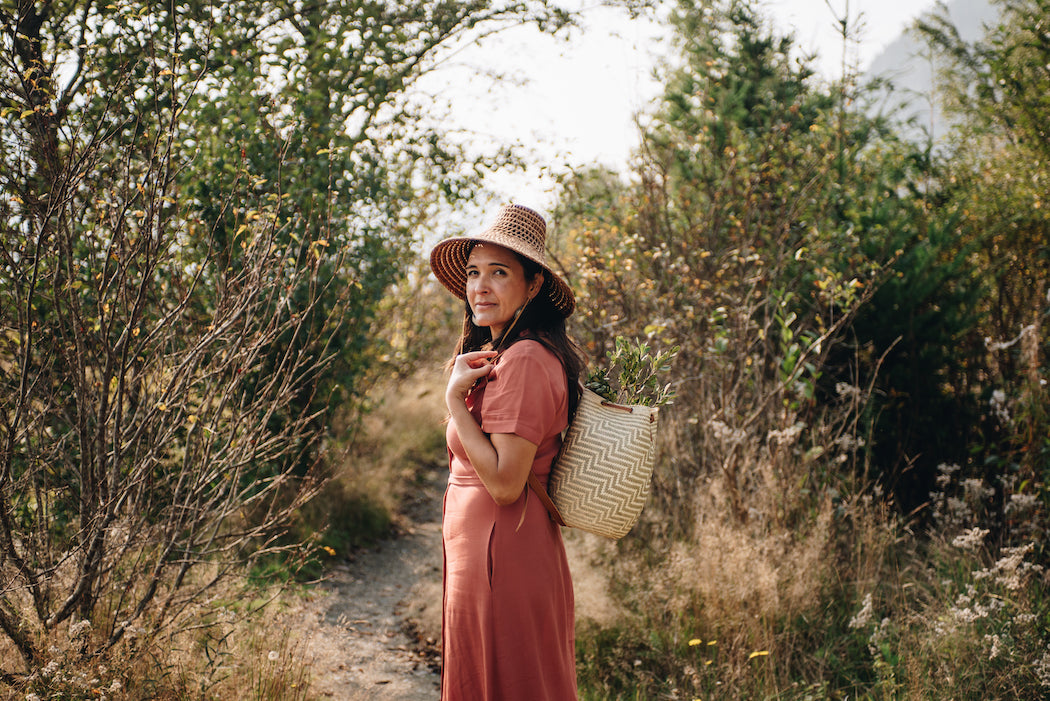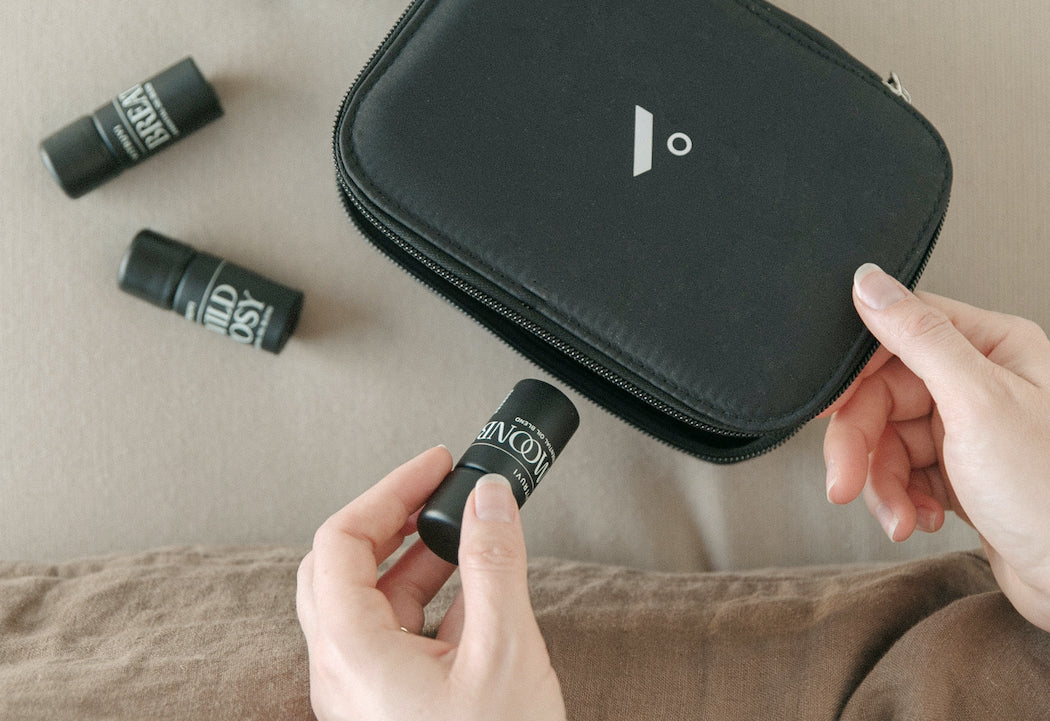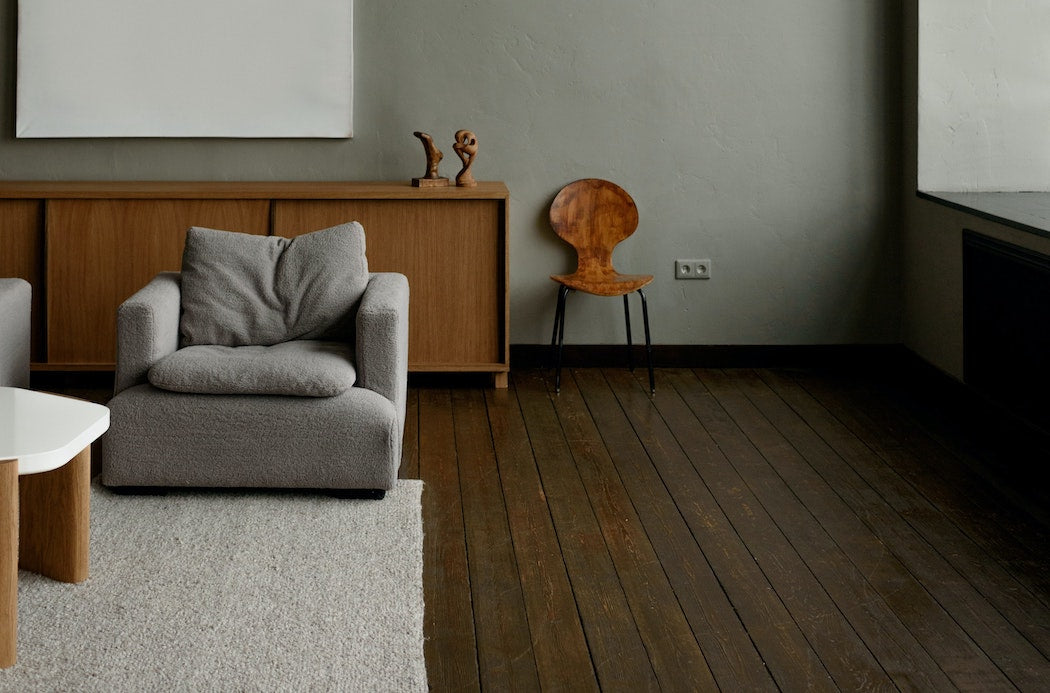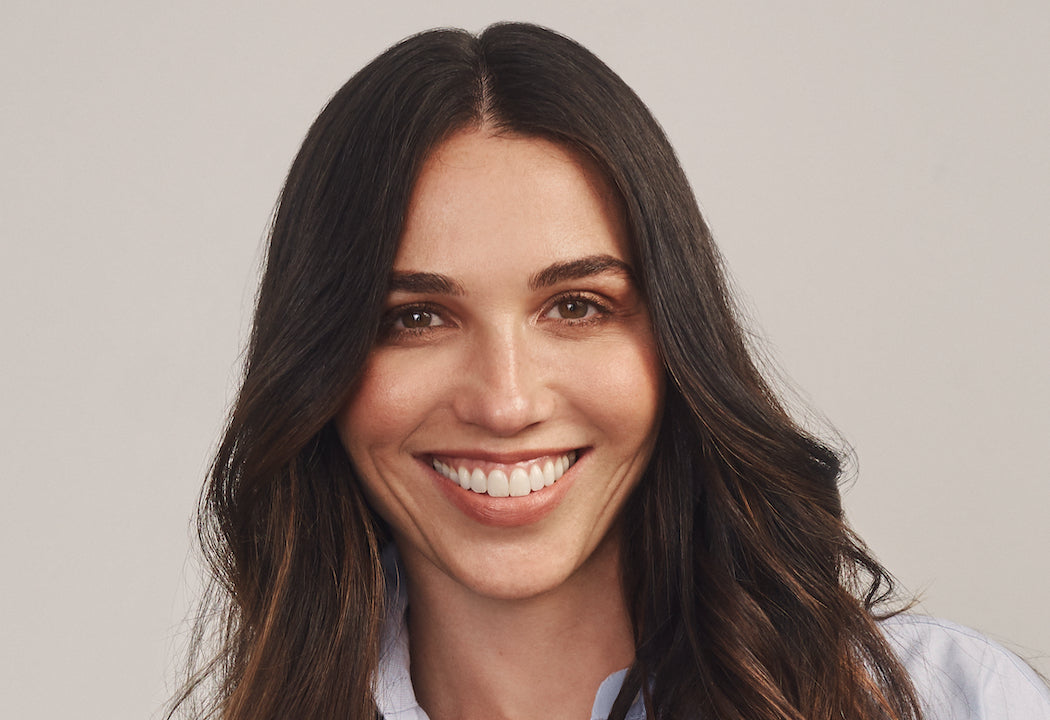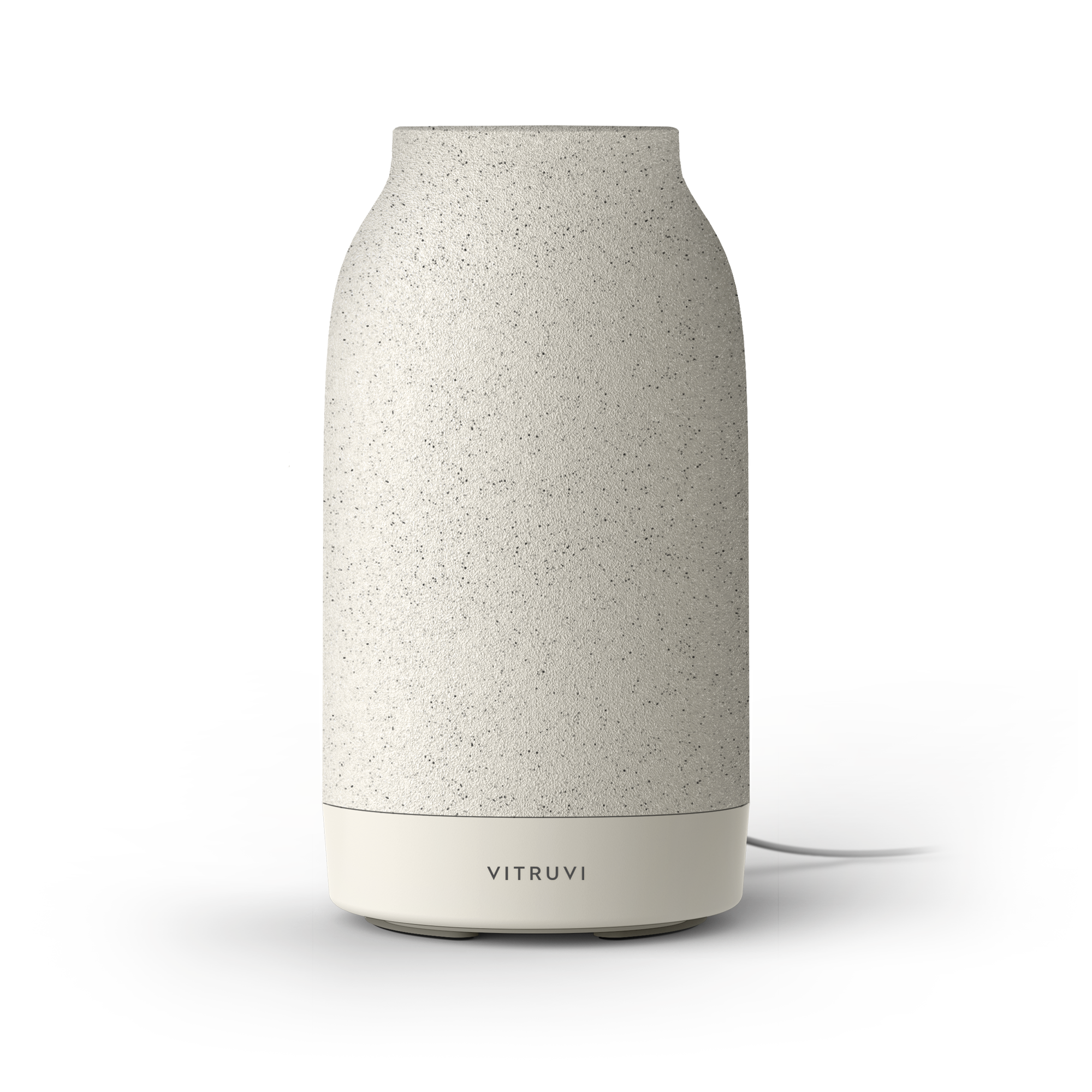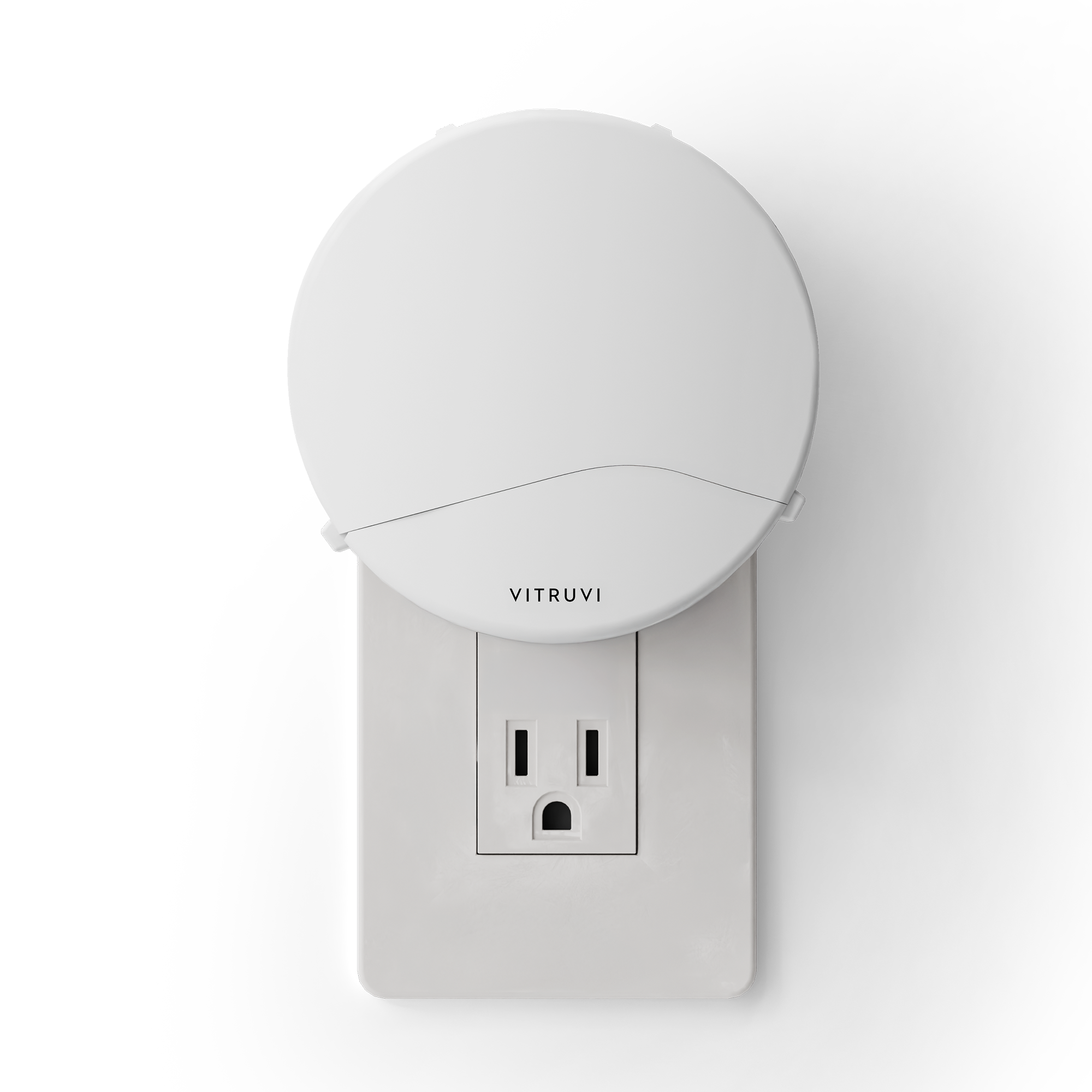Kathy Wandera is the picture of elegance. Sitting in a folding chair at the entrance to the Imperial venue in Vancouver, she modestly reflects on the hard work she has put in to get where she is today. This is Wandera’s first time to Canada—actually, it’s her first time out of Africa. The Nairobi local is in town for the annual IWantToBe fundraiser put on by local charity One Girl Can; after a chance encounter years ago at a Kenya hotel between Wandera’s father and One Girl Can founder Lotte Davis, the organization stepped in to do what it does best: fund education for the country’s underserved girls and women (read about vitruvi’s own contributions to One Girl Can here).
Fast-forward five years, and Wandera has a degree in civil engineering, a newfound confidence, and an incredibly bright future.
What has the One Girl Can opportunity been like for you?
It’s been the most amazing opportunity I think anyone could ever have, because One Girl Can takes care of you completely. They pay our fees, they check on us, they mentor us, they have conferences with us. It’s been a very good experience.
What do you hope to do with your degree?
Civil engineering is quite wide, but basically it’s about people. Right now I’m looking at, after undergrad, how I can practise; I think I can work in housing or transportation. In the long-term I think I would like foundations and structural design.
Have you always been interested in civil engineering?
Growing up I liked fixing things in the house. I’d open up chargers, fix bulbs, that kind of work. So I think it’s something that was in me.
“I have a chance to say something, I have a chance to change something.”
Now that you are finished your undergrad, can you describe what education means to you?
Education is very important. Where I come from it’s quite important because it gives you a chance to have a voice. Many people in Africa, especially women, don’t get a chance to voice their opinions, to air their concerns about anything. But the moment you get that education, that title, people start looking your way. People stop to listen. “Oh, you’re saying something.” And it means a lot that I have this now. It means I have a chance to say something, I have a chance to change something.
What was your university experience like?
I’ll say this. Doing an engineering course as a girl, usually people ask you why you’re doing such a heavy course, such a manly course. So there was a time when I didn’t say what I did in school, I would just introduce myself and say, “I’m in uni,” and that’s it. But with time, I got to understand, “Well, this is what I love doing, and this is me. And I’m going to express myself, I’m going to tell you that I’m an engineer.” So for me it has been a learning curve in uni, learning about my field, about other people I’ve networked and interacted with—and I’ve grown so much. It’s been a wonderful experience.
How do you think we can get more girls and women involved in subjects that are perceived to be “for men”?
My mom would always tell me, “Be the best you can be, and I know you can do it.” That’s the only thing my mom used to tell me. And she once told me, “I know you are capable of doing beyond what I think, so you just be you.” And I think that kind of encouragement, telling someone they can be themselves and can be the best, that will be one step towards it. And of course showing them that people like me have been in that field, and we are here, and you can do it. I think this is one step towards education.
What are your larger career goals or dreams?
Nairobi has many slums. Maybe you’ve seen that somewhere on the internet. We have poor living conditions, I would say, and one of the things that pushed me towards civil engineering is the poor drainage systems we have in Kenya. We have flooding when it rains; currently it’s raining and we have a lot of flooding in the city, which is not a good thing, because people get swept away, and there are diseases and all that. So that’s something I would like to venture into—making sure that people have decent living [conditions]. I would love to do that.
This interview has been edited and condensed.

